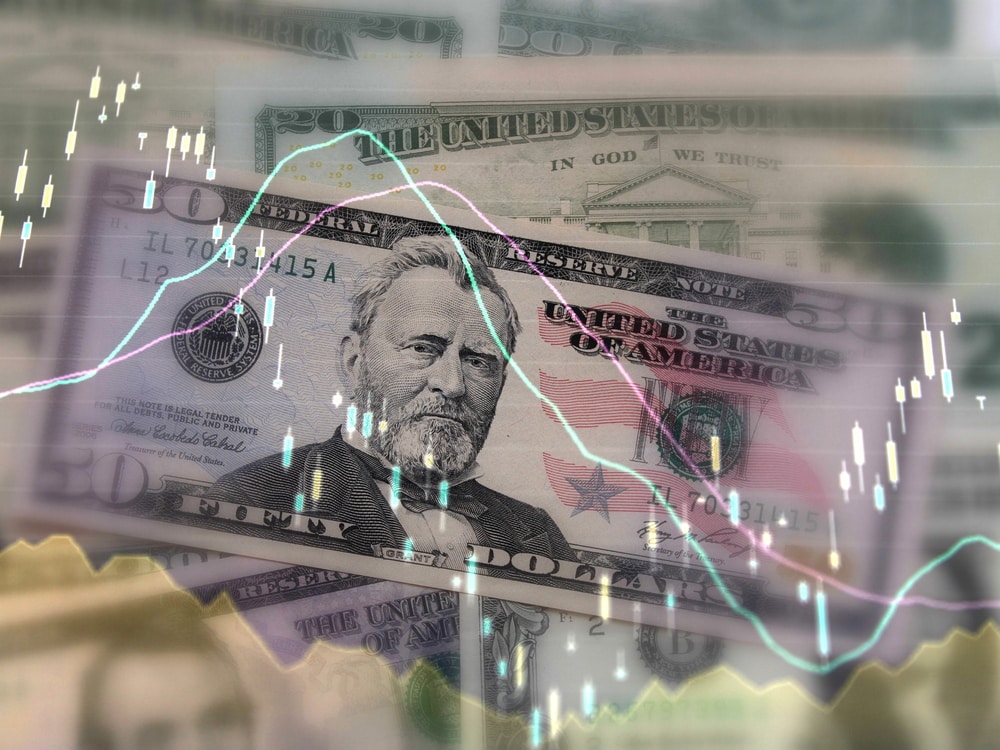
The US dollar saw some weakness over the course of Wednesday as traders around the world geared up for what looked set to be one of the most significant days in recent forex history.
US President Donald Trump was due to sign a “phase one” deal with China during an historic meeting in the US capital city of Washington DC, putting an end to at least some of the uncertainty that has plagued both the US and the global economy in recent months.
The first deal will improve access for Chinese buyers to various US-made items, and also to other sectors such as services and energy.
It is expected that a “phase two” deal will deal with the pressing issue of the US maintaining its tariffs on the purchase of Chinese goods.
Donald Trump’s Treasury Secretary Steven Mnuchin confirmed earlier in the week that these would remain in place until the next phase of the deal was secured.
Despite the reassurance that the deal will presumably eventually bring to the markets, the dollar was down early in the day against several major currencies around the world.
It was down against the single European currency.
In this pair, the euro was up by just over a quarter of a percentage point and was seen at $1.1156 at one point.
The Japanese yen, which is sometimes referred to as a safe haven due to its tendency to attract investment during periods of uncertainty, was also a strong performer.
The dollar lost 0.14% of its value and reached 109.82 at one point.
However, there are pressing domestic issues for Trump to deal with now that the trade deal is out of the way.
The US Senate is expected to try him in the coming days and weeks, with official preparations for the trial soon to be underway.
He was impeached late last year – although it remains to be seen exactly what effect, if any, the trial will have either on the dollar’s performance or on his chances of re-election.
If the markets perceive it unlikely that Trump will be removed from office, which is most likely correct due to the dominance of Trump’s Republican Party in the Senate, the dollar may not be affected.
Elsewhere, the British pound was unable to secure any rises.
This was largely due to recently released data which revealed that inflation levels in the country were going up at the slowest pace in several years.
The Swiss franc continued to revel in its new-found status as a designated currency manipulator.
The currency was labelled as such by the US government earlier in the week, and this gave it a significant boost in the foreign exchange markets.
It was spotted in its best position against the US dollar for more than 12 months at one stage.
It now appears less likely that the Swiss National Bank will act to put a cap on the franc’s value, although a statement from the national finance department appeared to suggest that there was no short-term change in approach planned.
 Between 74-89% of CFD traders lose
Between 74-89% of CFD traders lose  Your capital is at risk
Your capital is at risk  Your capital is at risk
Your capital is at risk  Your capital is at risk
Your capital is at risk